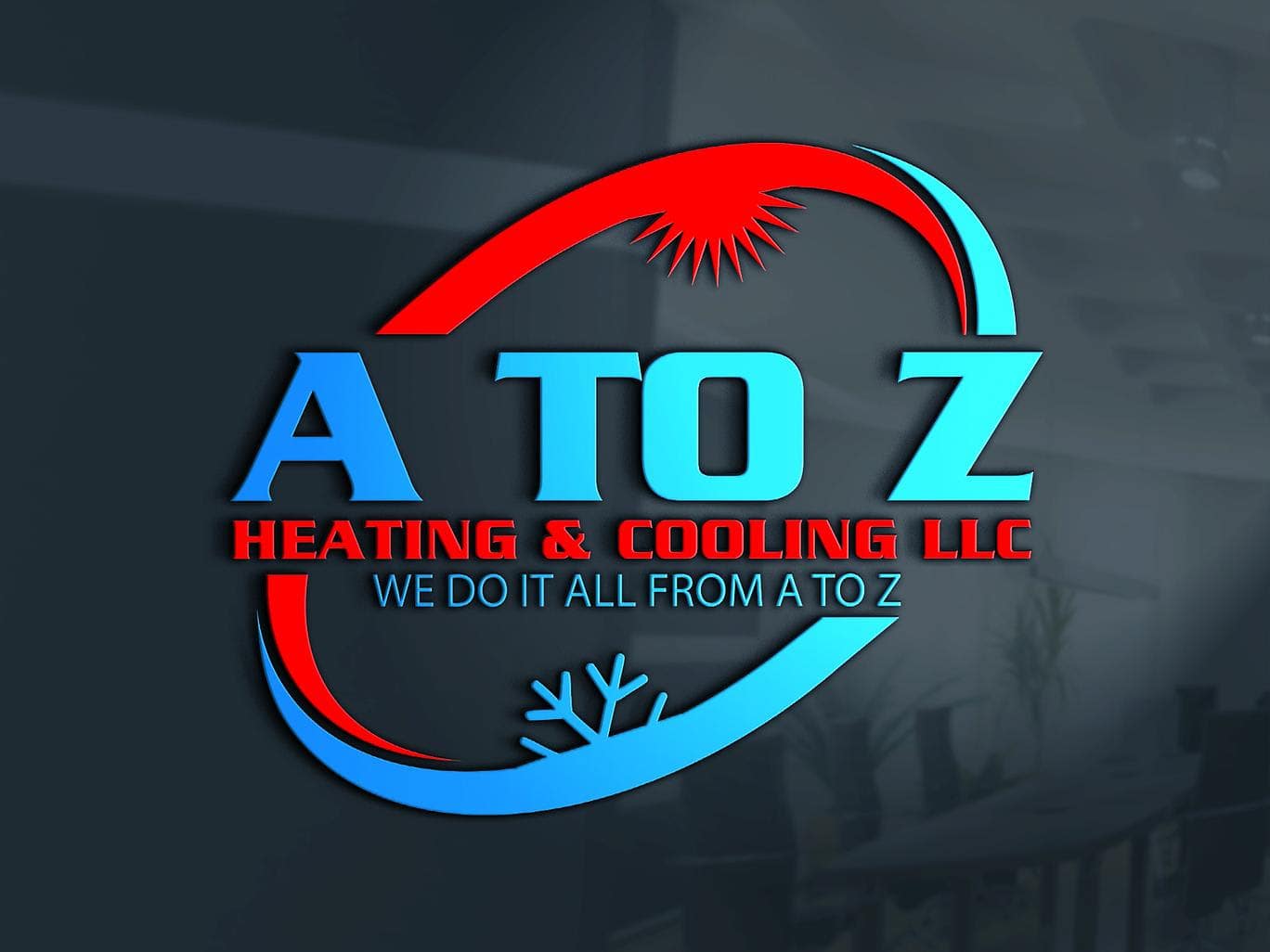Clean and healthy indoor air quality is essential for providing a comfortable and safe living or working environment. Poor indoor air quality can lead to a range of health issues, particularly for those with respiratory problems, allergies, or asthma. To improve the quality of your indoor air, investing in an advanced air filtration system should be a top priority for residential, commercial, and new construction property owners. Effective air filtration systems can eliminate airborne contaminants, such as dust, pollen, mold spores, and other pollutants, contributing to a cleaner and more healthful space for occupants.
Various air filtration systems are available on the market, each designed to target specific types of pollutants and work with different HVAC setups. It’s essential to choose the right filtration solution to address your property’s unique air quality concerns effectively. Our experienced team of professionals can guide you through the selection process, ultimately helping you make an informed decision to safeguard your property’s indoor air quality.
Air Filtration Systems: Types and Benefits
A plethora of air filtration systems are available to address diverse air quality concerns and HVAC setups. In this section, we will discuss some popular air filtration options and their advantages, helping you make an informed decision to enhance your property’s indoor air quality.
1. Mechanical Air Filters
Mechanical air filters are the most common type of air filtration system, with pleated filters and high-efficiency particulate air (HEPA) filters being two widely used options. These filters remove airborne particles by trapping them in a mesh-like material. HEPA filters, in particular, can capture particles as small as 0.3 microns, making them highly effective in eliminating pollutants such as pollen, dust, mold spores, and other allergens.
Benefits of mechanical air filters include:
– Improved overall indoor air quality
– Reduced allergens and respiratory irritants
– Compatibility with a wide range of HVAC setups
2. Activated Carbon Filters
Activated carbon filters use a bed of activated carbon to absorb and remove gaseous contaminants and odors from the air. These filters are particularly effective at eliminating volatile organic compounds (VOCs), which can be emitted from household products like paint, cleaning supplies, and building materials. Activated carbon filters can be used in conjunction with mechanical air filters to address both particles and gaseous pollutants in your indoor environment.
Benefits of activated carbon filters include:
– Odor and VOC reduction
– Enhanced overall indoor air quality
– Complementary functionality with existing mechanical filters
3. Ultraviolet Germicidal Irradiation (UVGI) Cleaners
UVGI systems utilize ultraviolet (UV) light to kill or neutralize microorganisms, such as bacteria, viruses, and mold spores. These systems are typically installed within the ductwork of your HVAC system or as standalone air cleaners. By effectively neutralizing harmful microorganisms, UVGI cleaners contribute to a healthier indoor environment, particularly important for occupants with weakened immune systems or respiratory issues.
Benefits of UVGI cleaners include:
– Elimination of bacteria, viruses, and mold spores
– Improved indoor air quality and reduced allergen levels
– Integration with existing HVAC systems
4. Electronic Air Cleaners
Electronic air cleaners like electrostatic precipitators and ionizers use electric fields or charged ions to trap and remove airborne particles. These systems can be helpful in capturing smaller particles that may not be effectively captured by mechanical air filters. Electronic air cleaners can provide an additional layer of air purification, complementing other existing filtration systems in place.
Benefits of electronic air cleaners include:
– Effective removal of smaller particles
– Enhanced overall indoor air quality
– Compatibility with various HVAC setups
Selecting and Installing the Right Air Filtration System
Several factors must be considered when choosing the best air filtration system for your property, including specific air quality concerns, existing HVAC setup, and maintenance requirements. Our professional technicians can help you assess these factors and make the right choice for your needs.
1. Identify Your Specific Air Quality Concerns
Determine the primary air quality issues your property is facing, such as allergens, odors, or microorganisms. This will help you select an air filtration system that effectively addresses these concerns, ensuring optimal indoor air quality improvement.
2. Evaluate Compatibility with Your HVAC System
Consider the compatibility of the air filtration system with your existing HVAC setup. Some systems may require modifications or additional components to work optimally within your property. Our technicians can help you choose the best filtration solution that integrates seamlessly with your HVAC system.
3. Consider Maintenance Requirements
Different air filtration systems require varying levels of maintenance, such as filter replacements or cleaning. Be sure to choose a system with maintenance requirements that align with your property’s resources and capabilities, keeping the system operating efficiently for longer.
Conclusion
Investing in an advanced air filtration system to improve your property’s indoor air quality is crucial for maintaining a healthy, comfortable living or working environment. Our expert team at A to Z Heating and Cooling LLC is here to guide you through the process of selecting, installing, and maintaining an air filtration system tailored to your specific needs. With our professional guidance and support, you can protect yourself and your occupants from airborne pollutants and allergens, ensuring a cleaner and safer atmosphere for years to come. Choose our HVAC company in McMinnville for all your air filtration needs, and breathe easy knowing that we’re committed to enhancing your property’s indoor air quality.






